House clearance is a process that many people will encounter at some point in their lives. It’s not just about clearing house things, it involves meticulous planning, and legal requirements. This article delves into how house clearance works, its importance, and the various aspects one should consider. We’ll also take a close look at the house clearance process, which involves an initial assessment, sorting of items, and the actual clearance. Additionally, You’ll gain insight into the pros of hiring professionals for house cleaning. We’ll provide tips for selecting a reliable company that helps you to clear and move your house effortlessly.
The importance of understanding house clearance
Understanding house clearance is necessary because it is a process that can be challenging, and stressful. Whether you’re dealing with relocating, moving belongings of a passed loved one, downsizing to a smaller home, taking all of these issues into account, house clearance can ease the stress and ensure a smooth transition.
What is House Clearance?
House clearance refers to the process of clearing or removing all the items and possessions from a property. This can be a domestic or residential, apartment, commercial or business. The main goal is to leave the property empty and ready for its next use, be it selling, renting, or any other purpose.
The different situations where house clearance is usually needed
House clearance is typically required in the following situations:
- Moving: When relocating, people often need to clear out their old home to prepare it for sale, rent, or simply to minimize the items to be transported.
- Downsizing: As people get older or simply decide to live in a smaller space, they often need to clear out items they no longer have room for.
- End of tenancy: Landlords may require a property to be cleared between tenants to prepare it for new occupants.
- Death: When a loved one passes away, their belongings need to be cleared from their residence.
The House Clearance Process
Initial Assessment
Initially, House clearance generally begins with the total assessment of items available at property. Professionals once visit the property and label the items and their volume that need to be cleared within a limited time frame. This assessment assists them in evaluating accurate quotes and planning for clearance.
Sorting Items
Once the assessment is complete, the next step involves sorting the items in properly defined categories as given below;
- Items to keep: Personal belongings, family heirlooms, and essential items that the client wishes to retain.
- Items to sell: Valuable or collectible items that can be sold for profit. House clearance companies can often assist in selling such items.
- Items to donate: Items in good condition that can be donated to charity or those in need.
- Items to dispose: Items that are rarely used, broken, or unsellable. These are typically disposed of responsibly.
The Actual Clearance
At last, the actual process of clearance begins. Professional companies or agencies bring in their team of house clearance and start removing the things carefully. They use certain packing techniques and material to ensure a smooth and less time consuming clearance with care.
Benefits of Hiring Professional House Clearance
House clearance services can be really helpful. Here we’ll discuss the benefits of house clearance services and how they make your life easier and cleaner;
Efficiency: Professional services have the experience and resources to clear a property quickly and efficiently.
Expertise: They can identify valuable items and help you sell them.
Stress reduction: They handle the emotional and physical aspects, allowing you to focus on other matters.
Legal and environmental compliance: Professionals understand the legal and environmental aspects of clearance.
Choosing a Reliable House Clearance Company
Choosing a reliable house clearance company is necessary to make sure they work effectively and ensure the safety of items. Here we’ll discuss some factors to consider when hiring a company;
Reputation: Do research the company’s reputation by reading reviews on different listing platforms and checking for references.
Experience: Look for a company with a track record of successful clearances.
Legal compliance: Ensure the company follows all legal requirements and has the necessary licenses and permits.
Environmental responsibility: Choose a company committed to responsible disposal and recycling.
Cost and transparency: Get detailed quotes and make sure you understand all the costs involved.
Red Flags
Avoid companies with the following red flags;
Lack of transparency: If a company is not clear about their process or costs, it’s a warning sign.
Poor reviews: Negative feedback from previous clients is a clear indicator of potential issues.
No legal compliance: A company that operates without the necessary permits and licenses should be avoided.
Conclusion
House clearance is a crucial process that many people come across during their life. Understanding how it works, their benefits, can ease the burden and ensure a smooth transition. It involves an initial assessment, careful sorting of items, and safely clearance.







